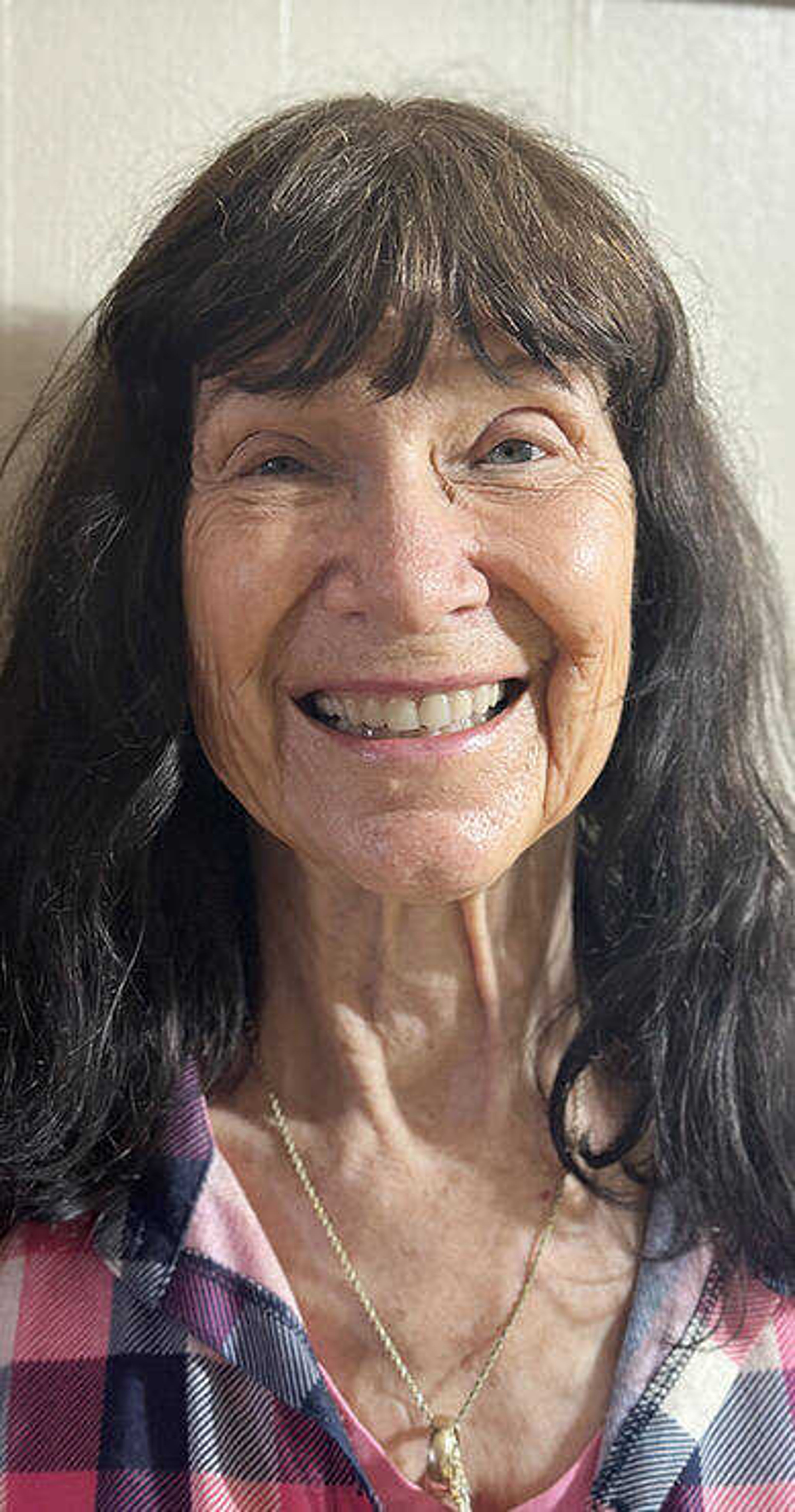The goodness of people
Paul says to "Think upon whatever is true, honorable, just, pure, lovely, gracious, on any excellence, and on anything worthy of praise." He infers that "the God of peace will then be with us." Philippians 4:8-9. As I watched the news recently I was both awestruck and encouraged by an incident exemplifying Paul's advice...
Paul says to "Think upon whatever is true, honorable, just, pure, lovely, gracious, on any excellence, and on anything worthy of praise." He infers that "the God of peace will then be with us." Philippians 4:8-9.
As I watched the news recently I was both awestruck and encouraged by an incident exemplifying Paul's advice.
The story described the heroic deed of a man who saved another from being crushed by an oncoming train. He threw the victim, who was having a seizure, to the ground, covering him with his own body. Wow! How many would sacrifice to that extent? He risked his own life as he lay underneath the train while it passed over them. Luckily both were spared.
The rescuer said he neither thought nor hesitated. His actions were an instant reflex. I pondered the goodness of that man. When we criticize the motives of others, saying they think of only themselves, we need to look around and experience the goodness of countless humans.
I've frequently been accused of possessing a Pollyanna-ish view of life and people -- thinking everyone is good. But we largely receive from others -- and life -- what we expect, even if we don't realize it.
Although Paul probably knew little about what we now call the self-fulfilling prophecy, he believed in it, explaining rather than naming it. He promised if people think on the goodness of people, the beauty of their surroundings and the excellence of things they'll find peace.
When I'm most distressed, irritated and restless -- these are the times I'm being negative. Then I create my own inner prison from which I'm unable to escape unless I change my outlook. My muscles tense, my heartbeat quickens and even depression can occur.
Although we must prepare for the temperamental outbursts of people, feelings of being mistreated and the unexpected, the outcome usually depends on us. We can often quiet the roaring lion in others by reacting like a gentle lamb. Who can turn their back on tenderness and understanding?
Joan Chittister said, "It's learning to make happy the life we have rather than wear ourselves out obsessing about the life we don't have that determines the quality of the one we're living." We must think upon the beauty of what we have. We must not think the things we haven't known are better than the things we have known.
Although we need to continually grow we shouldn't necessarily discard what we already have thinking what's new is better. The same is true for our regard of people. We can't allow the actions in our past to spoil our opinion of everyone else.
Rather, we must be confident that many good people do exist who will genuinely help if they recognize our need. Think the best of others and they'll eventually live up to your expectations.
Car accidents, illnesses and other unfortunate incidents aren't profitable in themselves, but they often increase our faith and change our attitude in ways we would not otherwise have known.
As we receive love and compassion from others we not only receive the emotional and physical help we need, but their show of heart enables us to show love to others. We learn that people can't realize the full extent of our affection unless we tell them or demonstrate it.
After considering the heroic deeds of people toward fellow humans, I hope to always epitomize Paul's advice by thinking on the beautiful, the pure and especially the loveliness of other people.
Ellen Shuck is director of religious education at St. Mary Cathedral.
Connect with the Southeast Missourian Newsroom:
For corrections to this story or other insights for the editor, click here. To submit a letter to the editor, click here. To learn about the Southeast Missourian’s AI Policy, click here.










